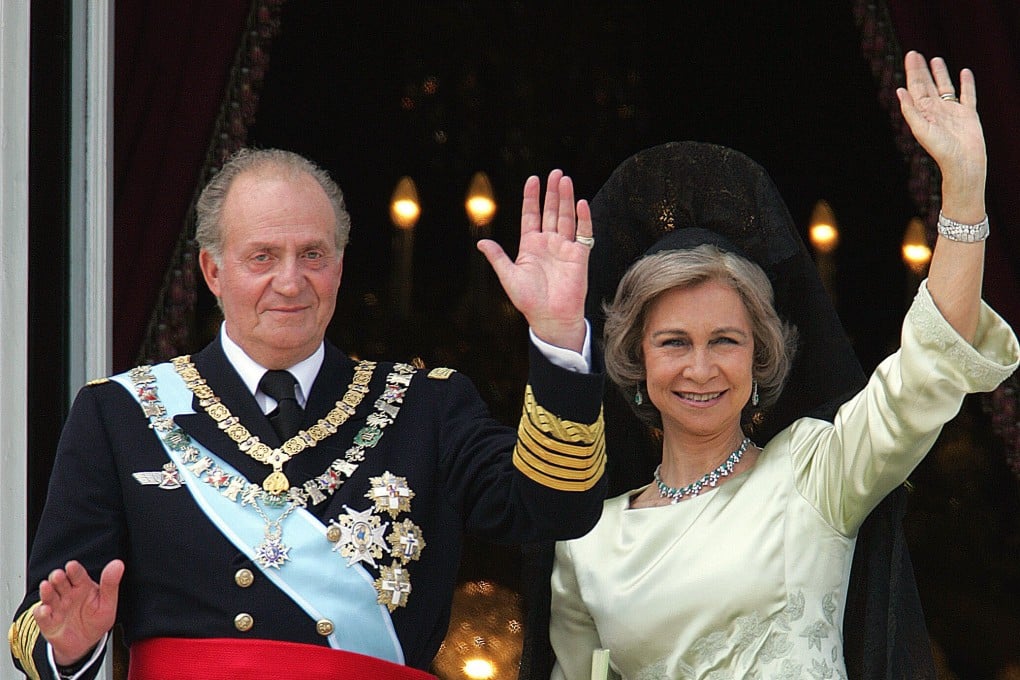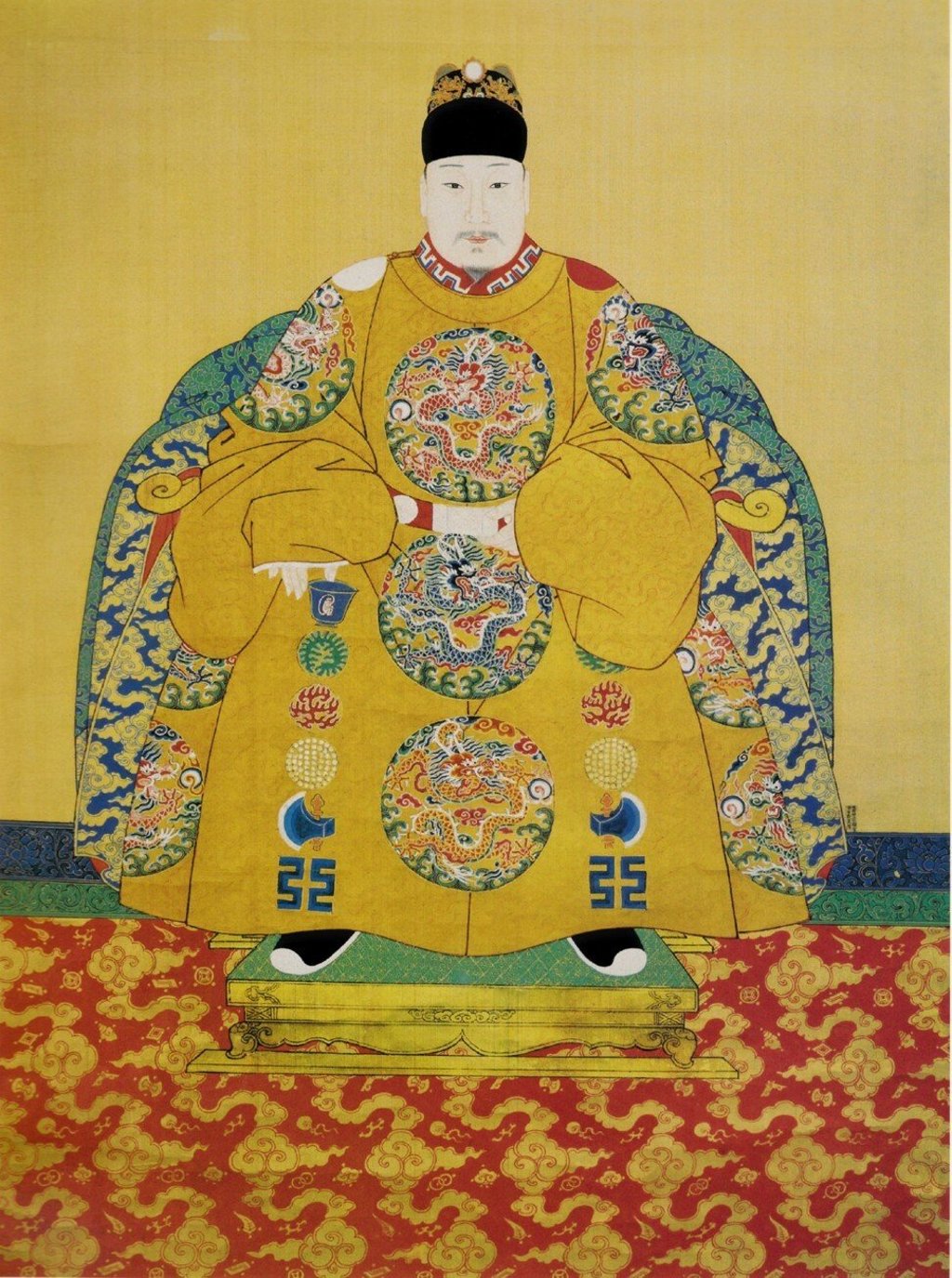Reflections | Like the ex-king of Spain, China’s Wanli Emperor was greedy – and stingy with it
- The Wanli Emperor preferred to let his silver rot rather than pay for wars or disaster relief, helping to bring down the Ming dynasty
- Historians and amateur psychoanalysts attribute his avarice to a strict upbringing

Juan Carlos was popular with the Spanish people for decades, having played an important role in Spain’s democratisation from the mid-1970s, but his legacy has been tainted by these corruption charges.
If these allegations turn out to be true, most of us would find his avarice unfathomable. Constitutional monarchs of stable democracies are already at the pinnacle of human hierarchy. While they are not all-powerful rulers who can do as they please, and the state is no longer their personal property, they hardly live in deprivation.
The trappings of their office and the material comforts they enjoy, often at the expense of the state and the people, is something we plebeians cannot even begin to imagine.

Most kings, queens, sultans and whatnots are rich to begin with, their private family wealth accumulated over generations. Unless they are concerned about being deposed and left to scratch a penurious existence as ex-royals, there is no reason for them to destroy their public image and that of the monarchy by being so greedy.
